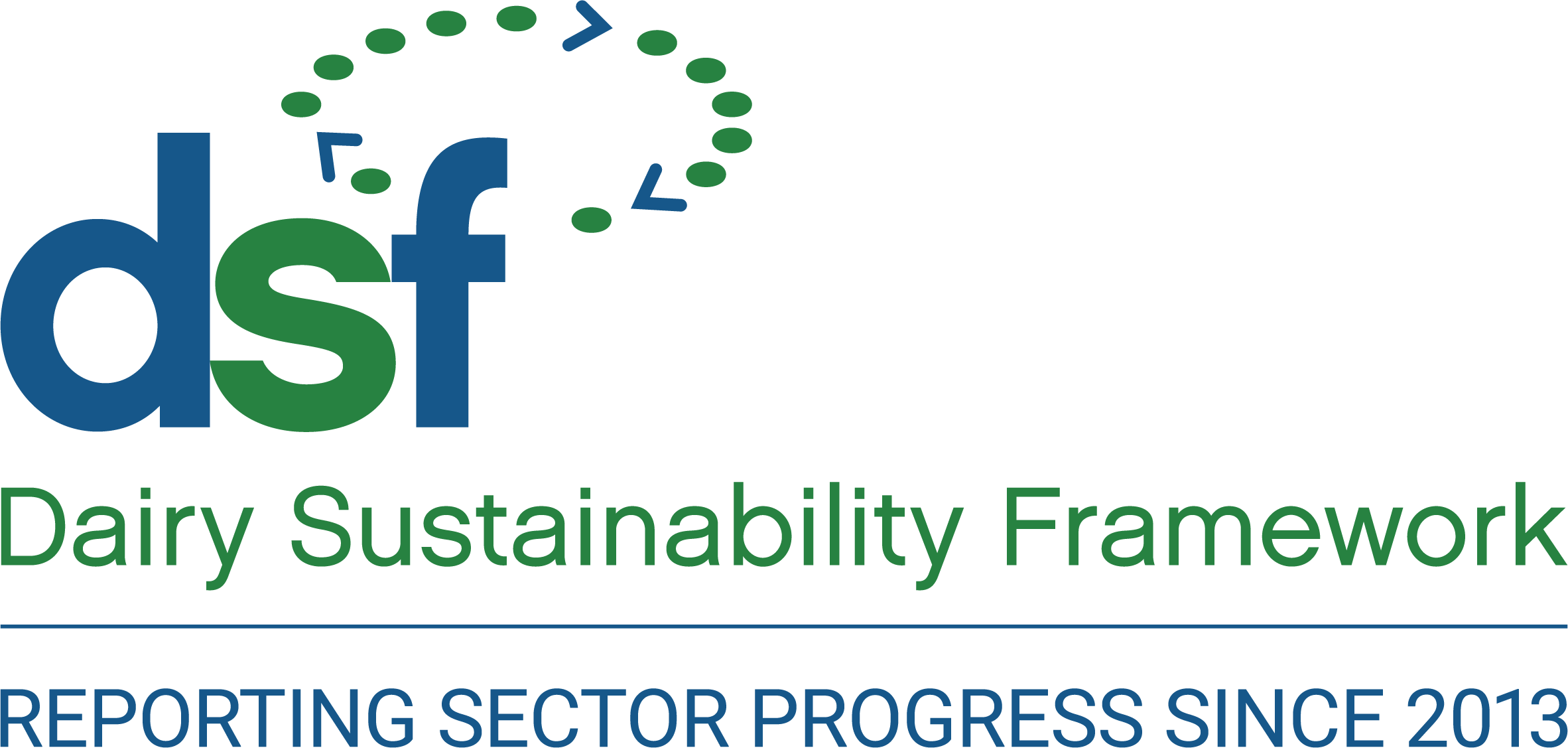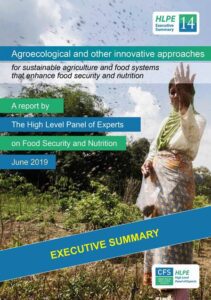Launch of HLPE Report #14 – Agroecological and other innovative approaches for sustainable agriculture and food systems that enhance food security and nutrition
Launch of HLPE Report #14 – Agroecological and other innovative approaches for sustainable agriculture and food systems that enhance food security and nutrition
This new report will be launched on 3 July 2019. An Executive Summary is already available to download here.
An extract from the Summary:
Food systems are at a crossroads. Profound transformation is needed to address Agenda 2030 and to achieve food security and nutrition (FSN) in its four dimensions of availability, access, utilization and stability, and to face multidimensional and complex challenges, including a growing world population, urbanization and climate change, which drive increased pressure on natural resources, impacting land, water and biodiversity. This need has been illustrated from various perspectives in previous HLPE reports and is now widely recognized. This transformation will profoundly affect what people eat, as well as how food is produced, processed, transported and sold.
In this context, in October 2017, the UN Committee on World Food Security (CFS) requested its High
Level Panel of Experts (HLPE) on FSN to produce a report on “Agroecological approaches and other innovations for sustainable agriculture and food systems that enhance food security and nutrition” to inform its discussions during the Forty-sixth CFS Plenary Session in October 2019.
In this report, the HLPE explores the nature and potential contributions of agroecological and other innovative approaches to formulating transitions towards sustainable food systems (SFSs) that enhance FSN. The HLPE adopts a dynamic, multiscale perspective, focusing on the concepts of transition and transformation. Many transitions need to occur in particular production systems and across the food value chain to achieve major transformation of whole food systems. Both incremental transitions at small scales and structural changes to institutions and norms at larger scales need to take place in a coordinated and integrated way in order to achieve the desired transformation of the global food system.

